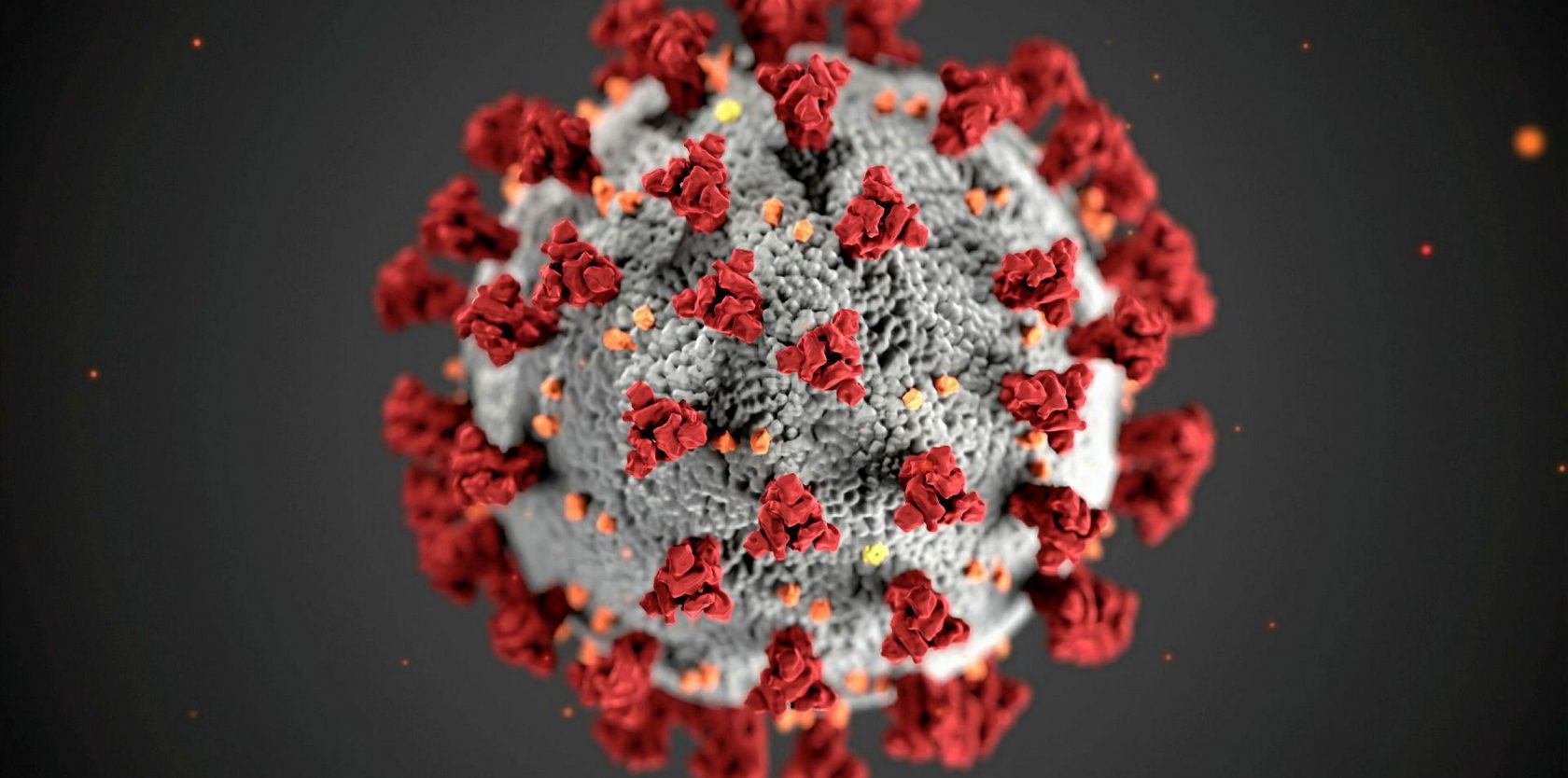WESTFIELD- As the COVID-19 pandemic reaches new heights, the development and pending approval of two major vaccine candidates stands as the best chance for life to return to normal for many people.
For some local health departments, the logistics of getting either of these vaccines to their residents remains up in the air.
Westfield Health Director Joseph Rouse said last week that much of the early phases of the vaccine rollout will be left up to the state rather than individual municipalities.
The CDC ruled last week that healthcare workers and residents of long-term care facilities will be the first to receive the vaccines, possibly by the end of the month. If that happens, the logistics will likely still be left up to the state for the first phases of the rollout.
Rouse said that local health departments will probably take charge of vaccine distribution during stages three and four of the vaccine rollout. Those stages will include lower risk groups and more of the general public. This will likely take place in the late Winter or sometime in the Spring.
The two vaccine candidates are the fastest to have ever been produced, which leads some people to be apprehensive about their long-term safety.
Rouse said that, when the vaccine is made available to him personally, he will take it right away.
“We have to rely on the science and medical professionals,” said Rouse, “If this gets FDA approval, we are going to advocate for people to vaccinate.”
He said he fears that many people have become sick of listening to scientific and medical experts for the entire year and have become turned off from the idea of a rapidly produced vaccine.
Rouse said that it is also not yet clear which of the two vaccines Westfield will receive: The Pfizer-BioNTech vaccine or the Moderna vaccine.
Both versions are based on mRNA technology that uses COVID-19’s own genetic code to trick one’s body into starting an immune response without getting you sick and producing antibodies that will fight off the virus. Both vaccines are considered to have more than a 90 percent effectiveness rating and each one requires two doses to be taken weeks apart.
The chief difference between the two is storage. The Pfizer-BioNTech vaccine needs to be stored at hyper-cold temperatures to the tune of -94 degrees Fahrenheit. The Moderna vaccine also requires cold temperatures, but not nearly as much as the Pfizer-BioNTech version. The Moderna vaccine can be stored at -4 degrees Fahrenheit, which is achievable in residential and commercial freezers.
Since Rouse is unsure of which version they will get, the city has not yet purchased the necessary equipment for the extremely cold storage needed by the Pfizer-BioNTech doses.
“We have a little pool of money from the state for COVID that we have to use by the end of the month,” said Rouse, “But we are waiting to spend money because [refrigeration] is so expensive, and we may not even need the super coolers in the end.”
He said that experts are not advocating for regional holding centers for the vaccine doses yet, and there are some fears that the required refrigeration will be out of stock quickly.
“These freezers are going to turn into toilet paper really quick. We won’t be able to get them anywhere,” said Rouse.








